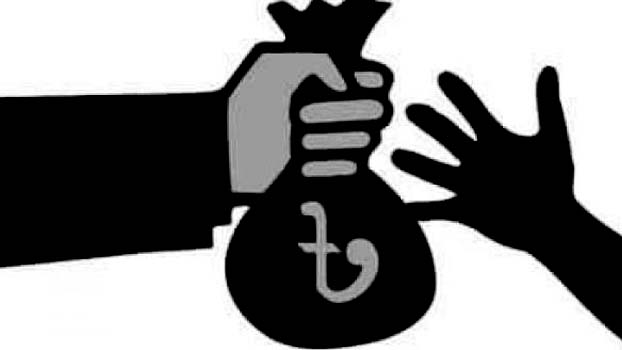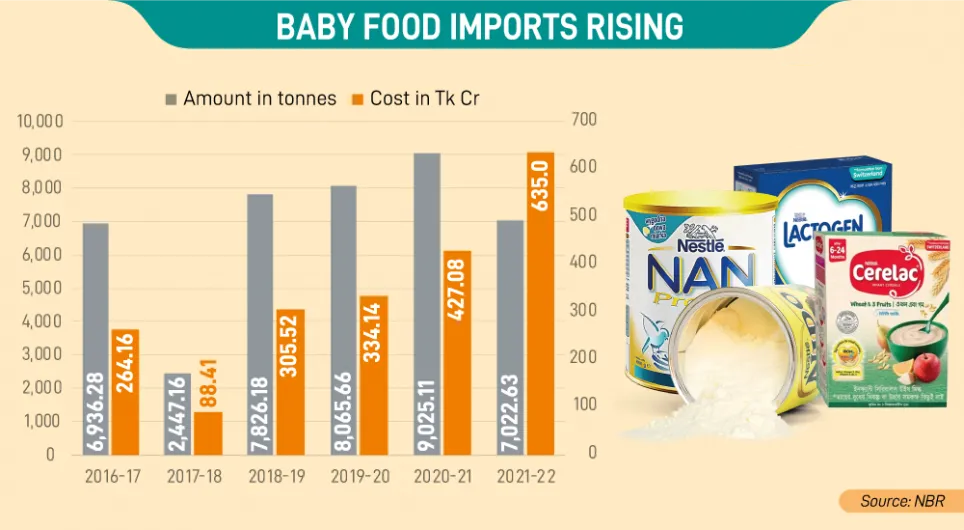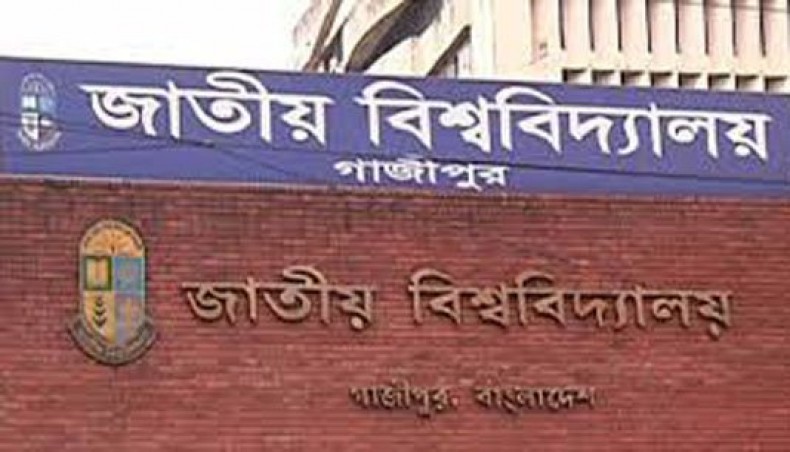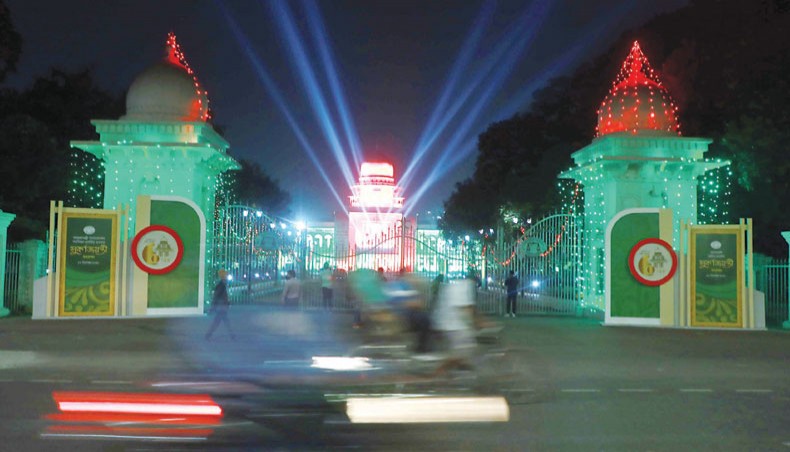Syndicates involving hundi business seemed to have become unstoppable even during the crisis period of Corona pandemic.
According to sources, money is being laundered to different countries from Bangladesh through hundi in various ways and trickeries. The hundi syndicates are active behind various import and export trades.
Although, the Criminal Investigation Department (CID) had launched investigations into hundi business and after identifying around 200 of the topmost traders involved in the money-laundering, the process came to a halt due to an unknown reason. The list of 200 hundi traders includes businessmen, bankers, politicians and people of various other professions. CID officials, however, said that they were investigating into around 300 cases involving money laundering.
On the other hand, different agencies in their reports mentioned that around Tk 50,000 crore is being laundered from Bangladesh to different countries through this illegal hundi business.
Experts said this huge amount of money is being smuggled out of the country through various illegal tactics just due to mysterious silence of the responsible agencies concerned.
Terming the hundi traders traitors, experts said all the hundi traders should be tried under the Sedition Act.
According to sources, highest amount of money is laundered from Bangladesh to Dubai, Malaysia, Singapore, Hong Kong ,Thailand, Canada, Australia and Malaysia. Several government agencies are also investigating the matter.
Masudul Hasan, an Additional Deputy Inspector General of the CID said, "We are working on money laundering. About 300 cases of money laundering are now in our hands. Each of the cases is being treated with special importance.”
Sources said, more than 3,000 Bangladeshis have made their second homes in different parts of the world through money laundering. Besides, huge amount of remittance money is coming from abroad. Similarly, under the guise of export trade, about Tk 50,000 crore is being laundered abroad through hundi every year.
Experts said, if this money would come legally as remittances, the foreign exchange reserves would have been stronger. But the hundi business could not be reduced due to reluctance of different agencies of the government.
On condition of anonymity, a senior intelligence officer opined for amendment of the existing laws to stop money laundering as well as to save the economy of the country.
Officials concerned said hundi is now the main medium of laundering money from the country. Medium and small level traders are also making their houses, buying land and factories by laundering money abroad. Traders are laundering money under the guise of import and export. They show higher prices of imported goods and lower prices of exported goods. The hundi money is being delivered to the addresses of their relatives as soon as the remittance money is deposited with the agent.
Global Financial Integrity (GFI), a Washington-based research firm, says the hundi cycle has recently become so active in various countries that it is delivering money to customers without harassment and quicker than banking or any other legal ways.
According to a survey conducted by the International Labor Organization (ILO), 40 per cent of remittances is sent to the country by expatriates through banking channels while 30 percent comes directly through expatriates or their relatives in the form of cash and the remaining 30 percent comes through hundi.
Experts also said the cost of transferring money through hundi is lower than the legal ways. That's why hundi is preferred by people who want to hoodwink the legal way.
They said, money is not only laundered from Bangladesh through hundi, it also comes through this illegal way. Migrant workers are also sending remittances to the country with the help of hundi as there are many problems in sending money legally.















